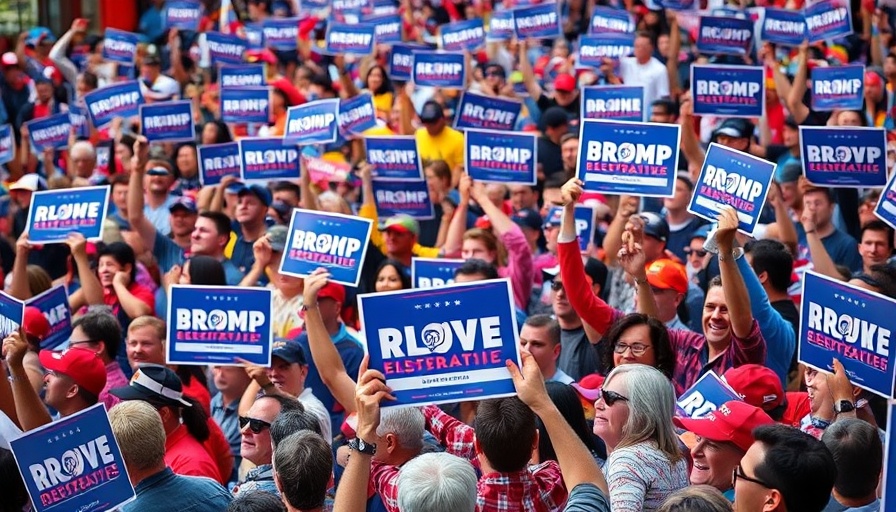
Denis Sassou-Nguesso: A Legacy Under Pressure
As the Congolese political landscape braces for the March 2026 presidential election, President Denis Sassou-Nguesso, who has wielded power for over three decades, finds himself at a critical juncture. Amidst whispers of a 'high-risk final campaign,' the implications of this election resonate far beyond the borders of Congo. It signals a significant moment for governance and democracy in Central Africa, a region where leadership stability often intertwines with socio-economic challenges.
The Stakes of Re-election
The upcoming election is not merely a political formality. Sassou-Nguesso's campaign embarks on a complex and perilous journey, particularly given his administration’s historical challenges related to governance and human rights. His long-standing control of the Parti Congolais du Travail will be put to the test in the congress scheduled for December. Political dynamics within the party and the broader opposition will shape the strategic landscape that Sassou-Nguesso must navigate in an election season rife with potential pitfalls.
Opposition Challenges and Opportunities
In juxtaposition to Sassou-Nguesso's hold on power, the opposition struggles to unify and articulate a coherent message. The political scenes in other African nations show that fragmented opposition efforts can facilitate incumbent victories. In the context of Congo, the effectiveness of the opposition could be influenced by the strength of grassroots movements, highlighting a need for youth empowerment and innovative strategies to connect with the electorate.
The Broader Implications for Central Africa
The implications of Sassou-Nguesso’s campaign extend into the socio-economic fabric of Central Africa. His presidency faced scrutiny on various fronts, including corruption, economic growth, and social justice. Discussions around governance and democracy remain critical, especially as African nations strive for a balance between traditional leadership and modern political frameworks. The evolution of these discussions could either bolster or hinder development initiatives across the continent.
International Perspectives on Congolese Governance
Global perceptions of Sassou-Nguesso's governance will also play a pivotal role in the election's outcome. With international stakeholders increasingly vocal about human rights, democracy, and economic governance, the Congolese electorate is positioned as a crucial actor in moderating these diplomatic dialogues. Additionally, the focus on infrastructure development and foreign investment may sway public opinion, particularly if linked to tangible improvements in local communities.
The Path Forward: What Lies Ahead?
As Congo inches closer to the election, the outcome remains uncertain. Analysts are scrutinizing whether Sassou-Nguesso can maintain his grip on power against growing discontent and the younger electorate's call for reform. Whether he can leverage his legacy to secure a final term also hinges on navigating the intricate challenges posed by an evolving political landscape within Central Africa.
The relevance of this election extends beyond Congo; it's a reflection of broader themes shaping the African continent, including democracy, economic development, and socio-political stability. Understanding the dynamics at play will be essential for anyone invested in the future of African governance.
 Add Row
Add Row  Add
Add 




Write A Comment